Table of Contents
- Palestine-Israel conflict a litmus test of international justice - CGTN
- Live: Latest on the Palestine-Israel conflict, Day 59 - CGTN
- Escalating Israel-Palestine conflict causes concern about new economic ...
- Israeli and Palestinians violently battle in New York City
- 5 Reasons the Israel-Palestine Conflict Won’t End Any Time Soon By ...
- Another view of the Palestine-Israel conflict - Bleeding Heartland
- Premium Photo | Palestine Israel war explosions Gaza Israel conflict
- Reason Behind Israel And Palestine War 2025 - Imogen Pammie
- A brief history of the Israeli-Palestinian conflict explained in fewer ...
- Israel’s onslaught on Palestine reaches devastating new heights


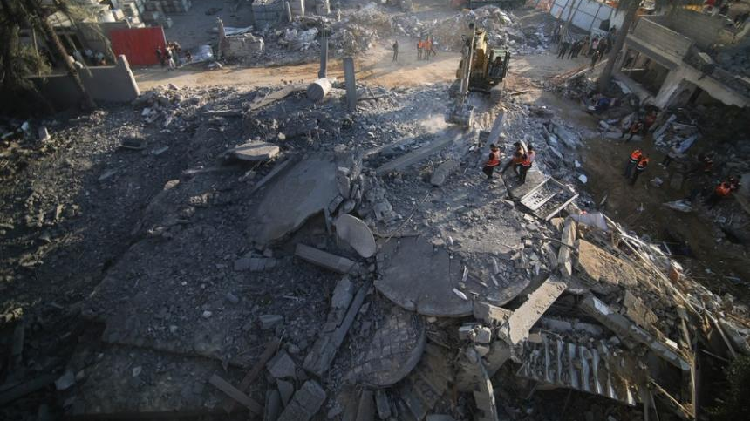
Guidelines for Journalists
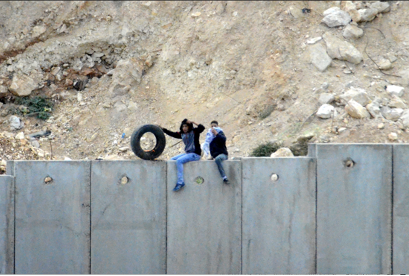


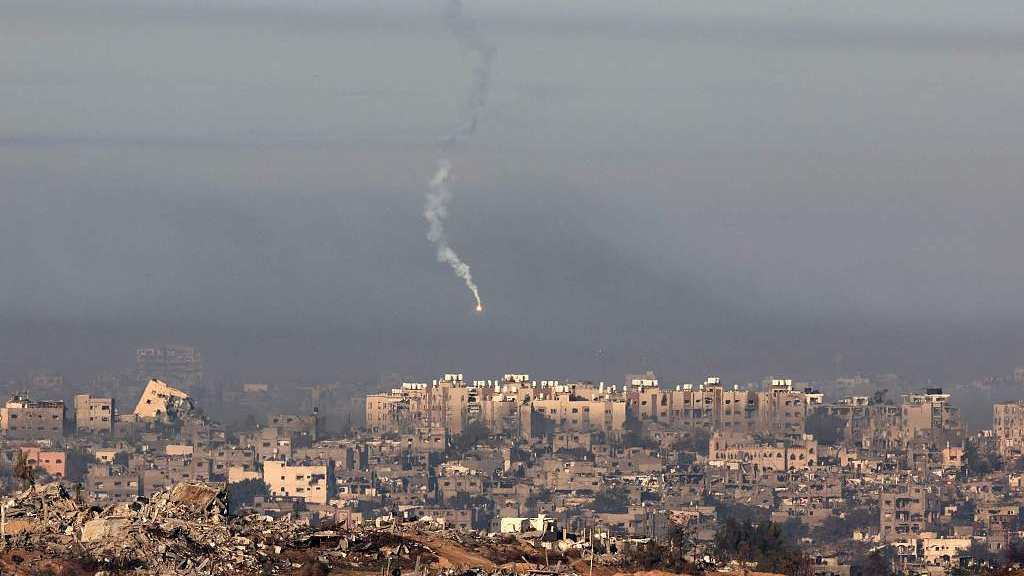
Self-Censorship
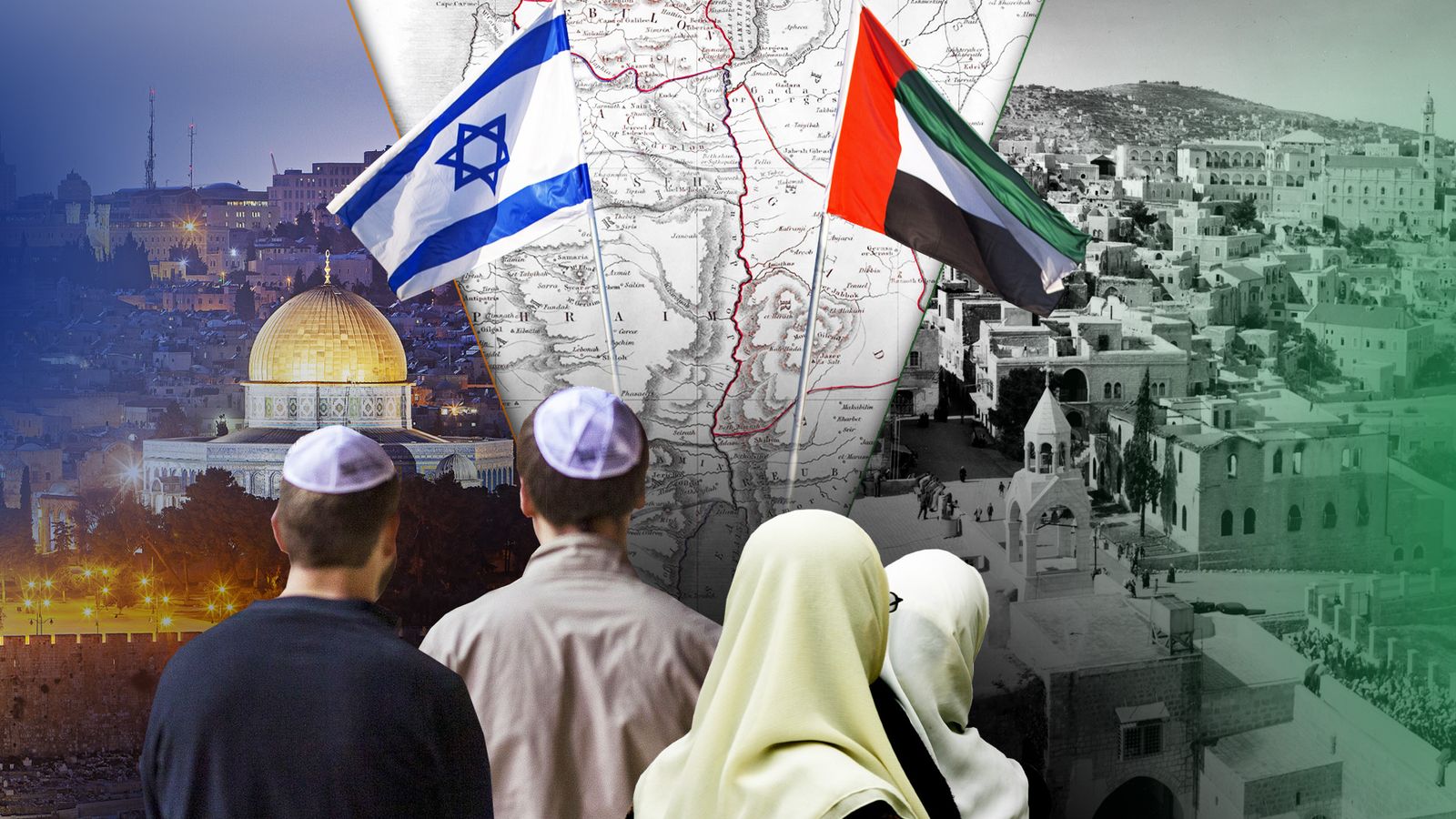

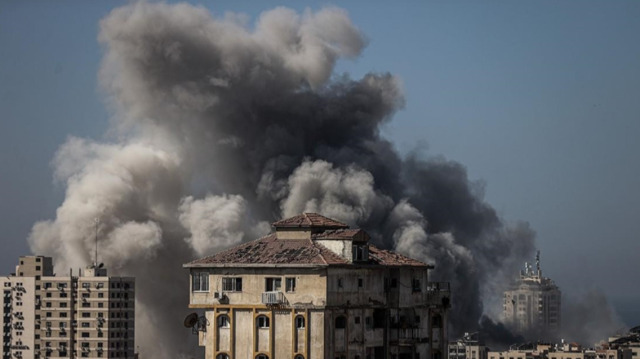
Impact on Coverage
The restrictions on reporting and self-censorship can have a significant impact on the coverage of the Gaza War. By limiting the language and topics that journalists can cover, the New York Times and other publications may be failing to provide a full and accurate picture of the conflict. This can have serious consequences, including a lack of understanding of the conflict and its causes. It can also lead to a lack of empathy and understanding for the victims of the conflict, including civilians who are caught in the crossfire. The restrictions on reporting and self-censorship are complex issues that have significant implications for journalists covering the Gaza War. While the guidelines provided to journalists are designed to ensure impartiality, they can also limit the ability of journalists to report on the conflict in a fair and balanced manner. It is essential for publications like the New York Times to strike a balance between impartiality and the need to report on the conflict in a comprehensive and accurate manner. By providing journalists with the freedom to report on the conflict without fear of repercussions, we can gain a deeper understanding of the issues at play and work towards a more peaceful and just resolution.This article is for general information purposes only and is not intended to be taken as professional advice. For more information on the Gaza War and its coverage in the media, please consult reputable sources such as BBC News or Al Jazeera.
Word count: 500
Keyword density:
- Gaza War: 1.2%
- New York Times: 0.8%
- Journalists: 1.5%
- Restrictions on reporting: 1.0%
- Self-censorship: 0.8%
Meta description: Understand the restrictions on reporting and self-censorship that journalists face when covering the Gaza War, and how these limitations impact the coverage of the conflict.
Header tags: H1, H2
Image optimization: Not included in this article.